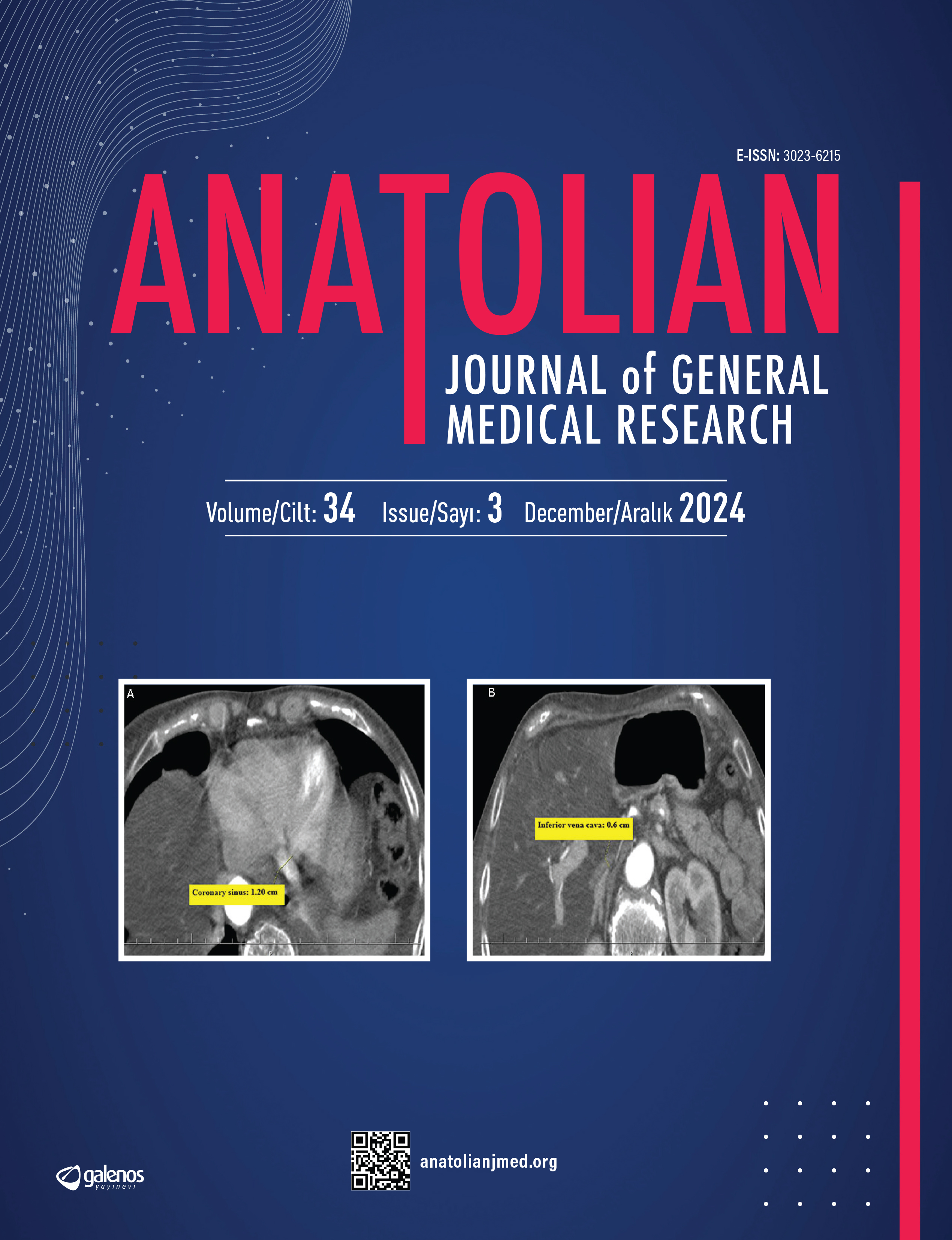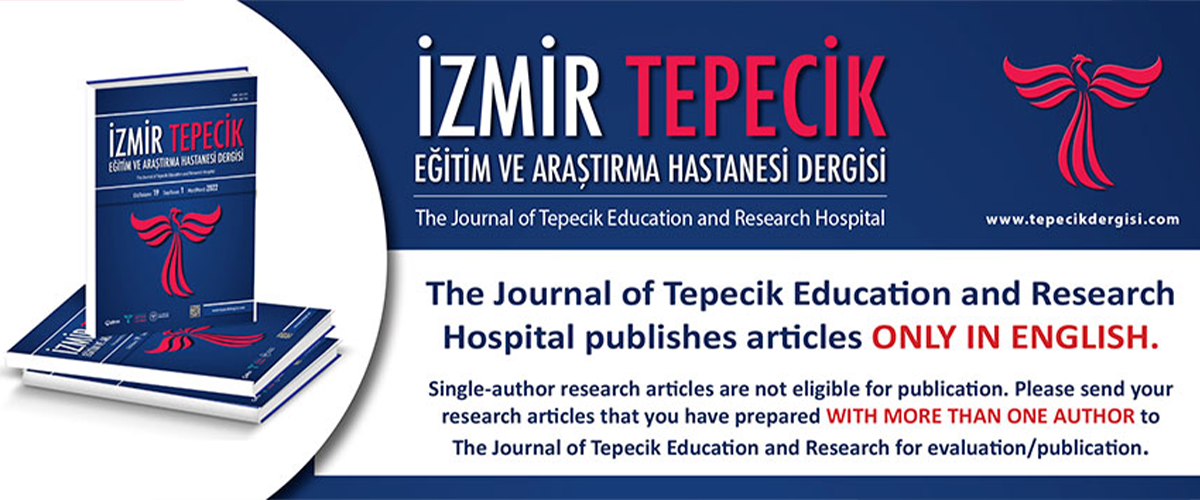








Relationship Between Systemic Immune-inflammation Index and Coronary Slow Flow
Mustafa Duran1, Mehmet Burak Özen21Konya City Hospital, Clinic of Cardiology, Konya, Turkey2Manisa City Hospital, Clinic of Cardiology, Manisa, Turkey
Objective: The coronary slow flow (CSF) phenomenon is frequently observed during coronary angiography (CAG) and is associated with adverse cardiac events. Despite various known underlying factors, the pathophysiology is still poorly understood. The previously documented systemic immune-inflammation index (SII) is an infallible predictor of adverse events in multiple cardiovascular conditions. However, the relationship between SII and CSF has yet to be determined. Herein, we aimed to elucidate the relationship between SII and CSF.
Methods: The records of 162 patients who underwent CAG with the preliminary diagnosis of stable angina pectoris and detected CSF between January 1, 2021 and December 31, 2021 and 272 patients who did not detect CSF after CAG were retrospectively reviewed. For each group; demographic and clinical characteristics, laboratory values, and two-dimensional quantitative coronary angiographic measurements were analyzed. Epicardial coronary blood flow was quantified visually using the thrombolysis in myocardial infarction frame count method.
Results: According to our data, the calculated SII score was significantly higher in patients with CSF compared with control subjects (719±20 vs 590±2, p<0.01). Regarding the receiver operating characteristic curve, the optimal cut-off value was calculated as 612.4 using the Youden index (area under the curve: 0.751, 95% confidence interval: 0.699-0.804, p<0.001). The multivariate Cox regression model also showed that in the calculated predictors, SII was the best predictor of CSF.
Conclusion: Our data showed that SII is an independent predictor of CSF among patients with stable angina pectoris.
Manuscript Language: English
(436 downloaded)




